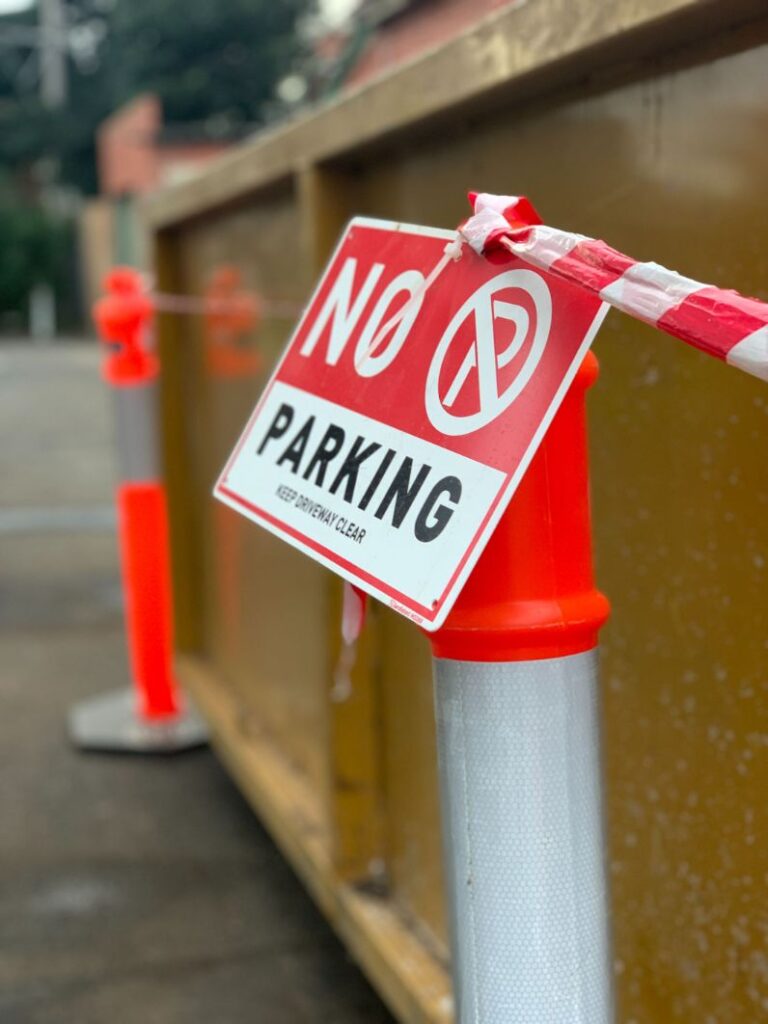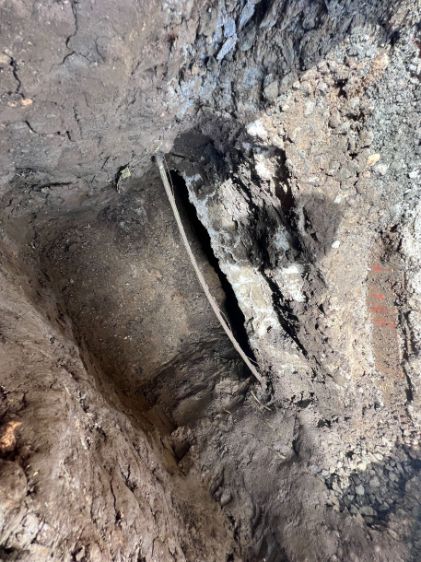Leaning Walls In Sydney | Leaning House Wall Experts
start with a free quote
"*" indicates required fields
At Sydney Restumping & Underpinning, we pride ourselves on being specialists in the delicate craft of repairing leaning walls—a proficiency that goes beyond the ordinary realm of foundation repairs and bricklaying. With a unique blend of expertise, we’re committed to rejuvenating your brickwork, improving its appearance and fortifying its structural integrity.
Leveraging state-of-the-art technology and premium materials, we offer unparalleled solutions for your leaning walls. Our goal is to guarantee your brick walls stand straight and sturdy, ensuring the safety of your home.
Get in touch with us today, either by phone or by dropping us a message, to discover more.

Signs of Leaning Walls
Here are the signs indicating your property has leaning walls:
Wall Movement Through Window Frame Gaps
If you begin to observe spaces forming between your walls and window frames, it's a tell-tale sign that your walls are shifting. Such movement can potentially lead to internal and external walls becoming detached, posing a significant risk of them toppling over.
Spotting Stepped Cracks in the Mortar
When your walls start to tilt, stepped cracks frequently manifest along the joins in brick mortar. These cracks, discernible either internally or externally, unmistakably indicate a leaning wall.
Signs of Structural Shifts via Soffit Trims
A soffit trim pulling away from the wall often alludes to underlying structural changes. Although these trims can sometimes detach due to standard wear and tear, they are often linked to foundational challenges beneath a tilting wall.
Observing Gaps at Cornices
Noticing spaces between your walls and cornices? This could be a sign that your home's foundation is gradually sinking into less stable ground. Such a shift applies upward pressure, subsequently causing your walls to lean.

Why Do Walls Lean?
The following are the main reasons why walls lean:
- Ground Instability: One of the primary culprits behind leaning walls is unstable ground. This can arise from ongoing movements in reactive clays or from oversaturation due to excessive water, which can aerate the soil and create underground cavities.
- Compromised Cavity Wall Ties: Walls are often kept stable with cavity wall ties, traditionally forged from steel that is susceptible to rust. When these ties are damaged or missing, both the internal and external walls can become unstable, causing them to lean or even bow outwards.
- Deteriorating Masonry: Masonry is not immune to the elements. Issues such as rising damp and those caused by salt can lead to what’s known as masonry fretting. As the bricks and mortar deteriorate, walls can start leaning or exhibit a bowing effect.
- Overbearing Soil Pressure: Managing the soil around your property is essential. Poor drainage, unchecked water flow, insufficient waterproofing, or even overly compacted soil can exert excessive lateral pressure on walls. This can push them to lean and, in severe cases, result in widespread structural damage.
Why Fix Leaning Walls?
Addressing leaning walls is vital not just for aesthetics but for upholding the structural integrity of your property. Doing so allows you to avoid costly changes in the future.
In Sydney homes, walls that lean may be a sign of deeper structural complications due to shifting soil or degraded masonry. Neglecting these signs can make them worse, posing serious threats to the overall safety of your home.
Get Expert Help for Leaning Walls in Sydney
Don’t jeopardise your family’s well-being by overlooking leaning walls. Secure a comprehensive solution to remedy the situation and bring back your home’s solid foundation. With us on board, safeguarding your home becomes hassle-free.
You can rely on Sydney Restumping & Underpinning to ensure the safety and stability of your dwelling. Reach out to our team today to begin reinforcing your home.
